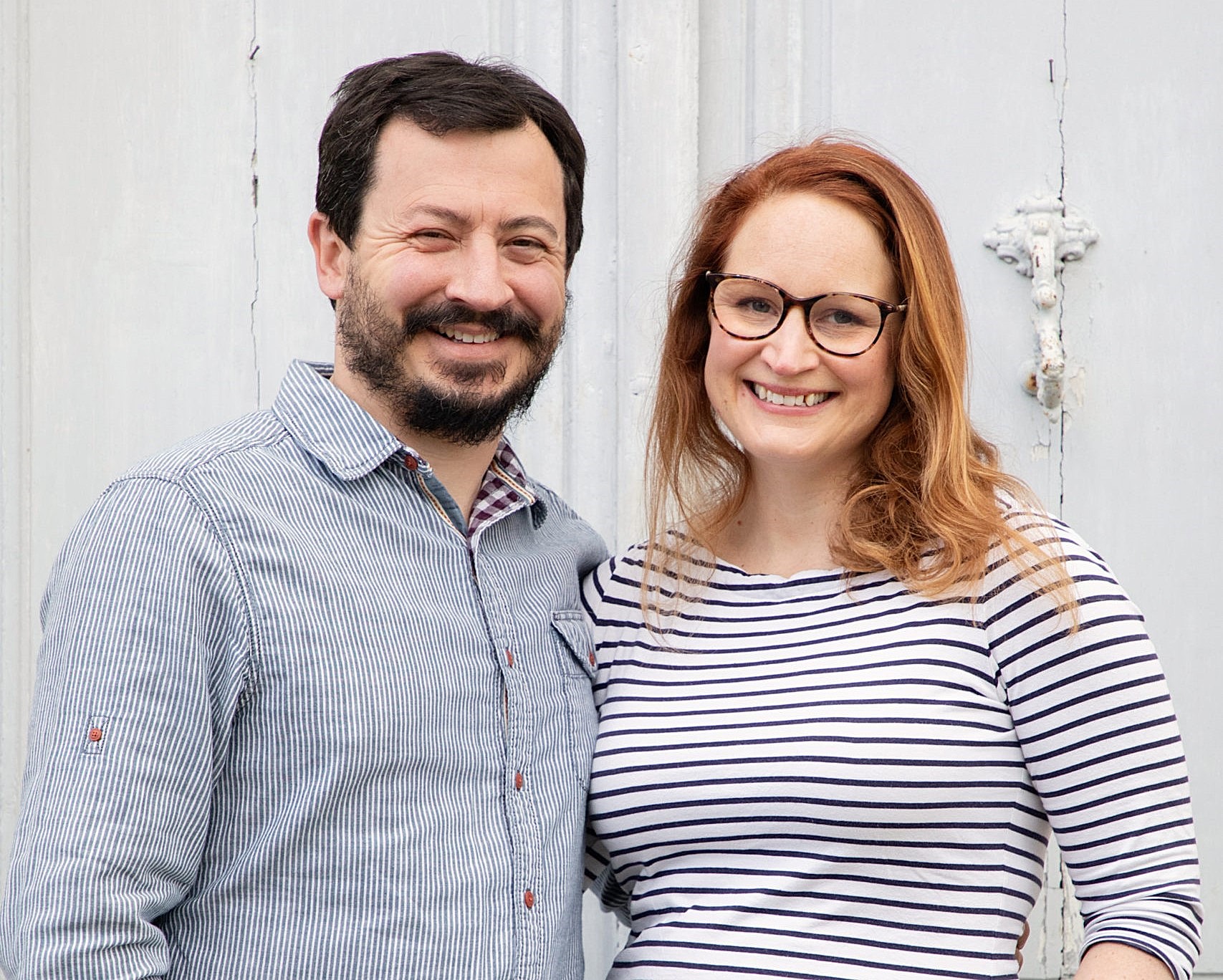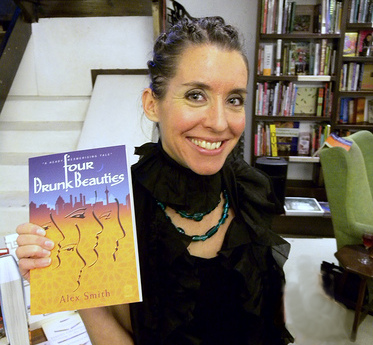Here’s how to make sure you hand in the exact number of words required – and keep your editor or client happy.
Some writers struggle to reach a stipulated word count. Others happily type away, and before they know it, they’ve far surpassed the requested word count from their editor or client. Usually, more words than required can cause problems, especially when you are paid per word.
A set word count applies to print media when the publication’s layout is carefully planned to include written copy, pictures, and advertisements. Even for online media, an editor will want you to stick to a given word count.
Sometimes, there’s a little bit of leeway allowed by an editor; however, a writer can seldom go more than 10% over the allotted word count.
Cutting the fluff and choosing better word selection can improve your writing. Sometimes, getting to the point quickly with well-chosen words is far more effective than a wordy paragraph that side-tracks and loses focus from the main point.

Here are tips on how to reduce your word count.
- Start by ruthlessly editing your work and cutting out any obviously pointless words, sentences and paragraphs. Does that sentence make a difference to the point you are making? If not, cut it.
- Write in the active voice, rather than the passive voice. For example: Gustave Eiffel designed the Eiffel Tower. (active voice, 6 words). The Eiffel Tower was designed by Gustave Eiffel. (passive voice, 8 words) Or: The comedian cancelled the show (active). The show was cancelled by the comedian (passive).
- Cut redundant words. ‘The dress was yellow in colour’, can be re-worded ‘the yellow dress’, or ‘the dress was yellow’. The words ‘in colour’ are pointless in this sentence. If it doesn’t change the meaning of the sentence or cause ambiguity, then cut the words.
- Cut ‘the’ and ‘that’ when not required. ‘All the new students are required to attend the orientation day that is scheduled for Monday.’ Change this to, ‘New students are required to attend orientation on Monday.’
- Avoid unnecessary transitions. Transitions usually allow your writing to flow better. Yet, at times, they simply sound clunky and add words. Think of words such as ‘indeed’ and ‘furthermore’.
- Remove references to previous information. Sometimes, in order to emphasise a point, we use phrases such as ‘as previously mentioned’ or ‘as per above’. Cut!
- If you’ve introduced a concept or acronym early on in the written piece, there’s no need for repetition. For example: If you’re referring to native English speakers throughout an article, the first time you use the term, add (NES) after you’ve written it out, and from then onwards, use NES.
- Cut pointless prepositions: ‘utensils for cooking’ can be ‘cooking utensils’. ‘clothes for winter’ can be ‘winter clothes’ or ‘winter wardrobe’.
- Remove ‘there is’ and ‘there are’ to start a sentence. ‘There are many covid-19 regulations in place’. Change it to, ‘Many covid-19 regulations are in place.’ You may have only cut one word, but the sentence reads better, and each saving in word count adds up.
- Use contractions which not only make your writing sound more natural, but also reduce the word count. NOTE: This does not apply to academic or formal writing. Look at these examples:
It is very hot this summer. (6 words)
It’s very hot this summer. (5 words)
This summer’s a scorcher! (4 words)
- Your English teacher probably told you to use as many adverbs and adjectives as possible in your descriptive writing. Forget what you were told at school.
Wherever possible, replace an adjective plus a noun with one strong noun, or an adverb and a verb with a strong verb.
Usually, you can find a much stronger noun or verb that is far more descriptive and reduces the word count.
Weak nouns or verbs are vague – and usually require additional words to let the reader know exactly what the writer means.
For example:
‘Vehicle’ is vague (It could be any mode of transport). ‘Car’ is more specific. However, ‘minivan’ tells the reader exactly what the writer is envisioning.
Look at these examples of weak nouns and verbs, and their strong, descriptive counterparts in brackets.
The small, brown dog (the Dachshund)
The big, black dog (the Rottweiler)
Walked slowly and quietly (creep)
Very angry (furious, enraged)
Very noisy (deafening)
Very old (outdated or ancient)
Very rich – referring to food (decadent)
Very rich – referring to wealth (wealthy, well-off, affluent)
Very scared (petrified, terrified)
Very easy (effortless)
Very beautiful (exquisite)
Very big (enormous, colossal)
He ran quickly (he sprinted, he dashed)
- While pronouns can reduce repetition, be careful of cutting words that then cause the sentence to be ambiguous. ‘Mary’s aunt told me that she had just come back from her holiday’. Did Mary or her aunt just come back from holiday?
NOTE: reference lists, bibliographies and the title usually do not count as part of the specified word count – only the body of the article.
About the Author

Rose-Anne Turner completed the Travel Writing Course at SA Writers College in 2008.
Since then, she’s worked as both a freelance writer, focusing on travel and lifestyle and a staff feature writer for the Samui Holiday Magazine when living in Thailand. She’s had articles published in both online and print media, including Explore Africa, Travel Ideas, Interval International, and Portugal Living, as well as inflight magazines The Holland Herald (KLM), Sawasdee (Thai Airways), and Morning Calm (Korean Air).
Rose-Anne now lives in Portugal, and aside from freelance writing, she also co-owns a TEFL (Teach English as a Foreign Language) training company, with branches in Thailand, Cambodia and Indonesia, helping those with wanderlust and a love of the English language find a way to live and work abroad.













